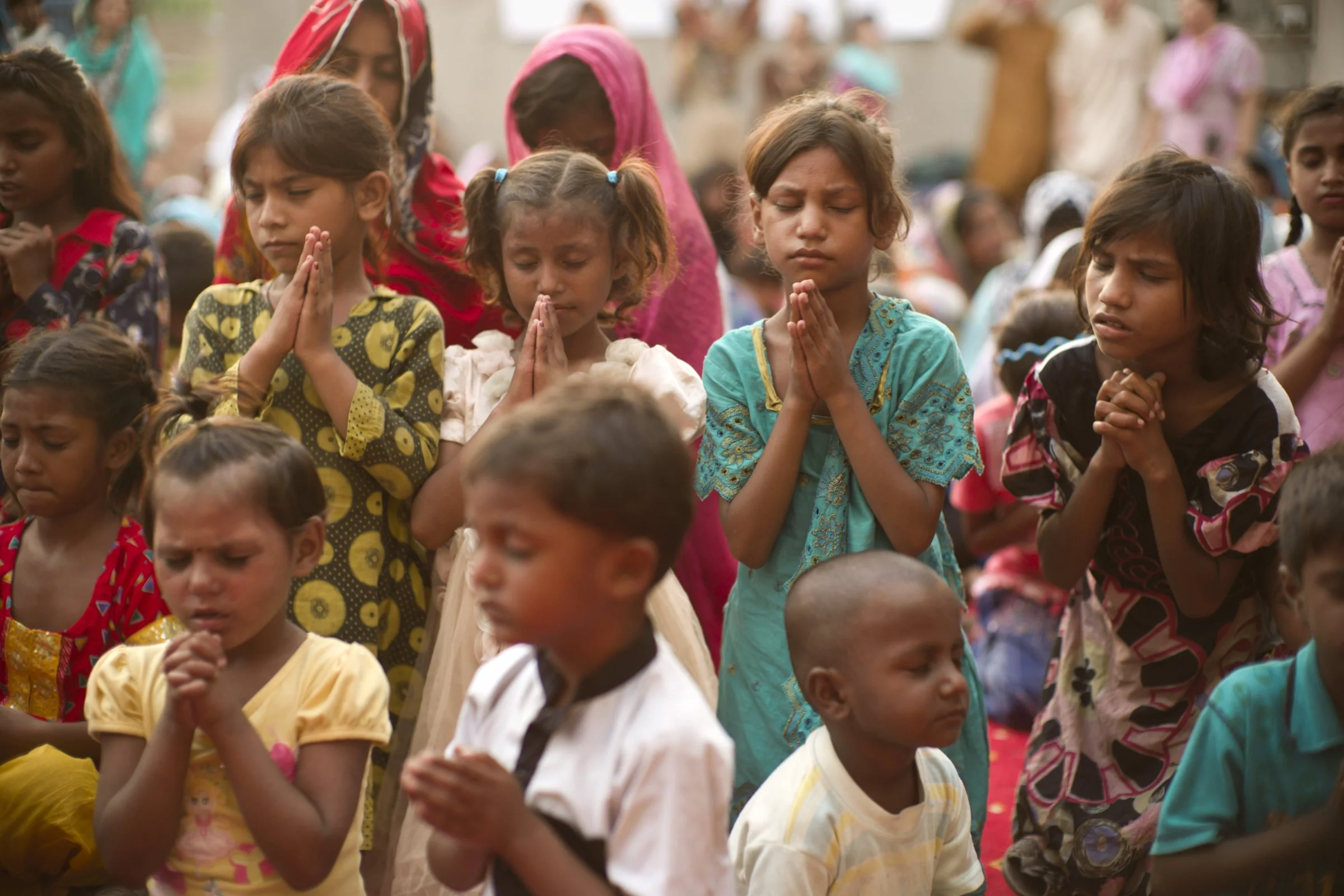Is God judging America? That is a good question, and the answer will depend on what you mean by judging. The definition of judgment is a divine sentence or decision, specifically a calamity held to be sent by God. This leads us to another question: Why would God do this, assuming He is even doing it at all? The answer to this question will also vary depending on our view of God’s character. Is God’s character benevolent or malevolent, meaning, is He disposed towards doing good, or is He disposed towards doing things that are hateful?
The Word Became Flesh
“And the Word became flesh and dwelt among us, and we beheld His glory, the glory as of the only begotten of the Father, full of grace and truth” (John 1:14, NKJV). This is probably one of the most popular verses in the New Testament, clearly pointing to Yeshua as the Divine Messiah; God in human form, manifest and revealed to the creation. However, what exactly did the Apostle John mean when he said, the word became flesh? In a general sense, the word is the bible. So, how does paper or parchment turn into living flesh? I think there more to understand here.
God's Firstborn
The term firstborn is used extensively throughout the Bible, and God makes it clear that He holds a unique interest and affection for those who are His firstborn, whether of man, plant, or the animal kingdom. It is written, “Then the Lord spoke to Moses, saying: ‘Now behold, I Myself have taken the Levites from among the children of Israel instead of every firstborn who opens the womb among the children of Israel. Therefore the Levites shall be Mine, because all the firstborn are Mine. On the day that I struck all the firstborn in the land of Egypt, I sanctified to Myself all the firstborn in Israel, both man and beast. They shall be Mine: I am the Lord’” (Numbers 3:11-13).
Christian Community
I hear a lot these days about what our Christian Community should resemble. A common biblical reference often cited is in the Book of Acts. It is written, “And they [the church] continued steadfastly in the apostles’ doctrine and fellowship, in the breaking of bread, and in prayers. Then fear came upon every soul, and many wonders and signs were done through the apostles. Now all who believed were together, and had all things in common, and sold their possessions and goods, and divided them among all, as anyone had need” (Acts 2:43-45). Now, this would have been a Christian community to behold. The church members prayed, took communion, and studied the word of God together as one family.
Who is a Jew?
The first mention of the Jews in the Bible occurs in the second book of Kings, which describes the fall and captivity of Judah. “Now it came to pass in the ninth year of his reign, in the tenth month, on the tenth day of the month, that Nebuchadnezzar king of Babylon and all his army came against Jerusalem and encamped against it; and they built a siege wall against it all around. 2 So the city was besieged until the eleventh year of King Zedekiah” (2 Kings 25:1-2)
What is Zionism?
What is Zionism, or maybe a better question to ask is what Zion is? The first thing to understand is there is both a natural and spiritual component to God’s Kingdom. Let’s look at the natural first. Mount Zion, called Mount Moriah in the Bible is a ridge system located in Jerusalem. East of Mount Zion is the Mount of Olives. These north-south ridgelines are separated by the Kidron Valley. The Mount of Olives is where Jesus ascended to heaven and is the place where He is prophesied to return.
The Ministry of Reconciliation
It should be apparent to anyone reading the news that the world is becoming more divisive. Some might argue the earth has always experienced conflict. This is probably true, but it only proves that humanity continues to go through self-destructive behavior cycles, ultimately leading to major national and international conflicts. The question is, are we in that same place today? A new survey from the Pew Research Center reveals that political polarization in the United States has reached a dangerous extreme.
Redemption of the Soul
It is written, “The LORD God formed man of the dust of the ground, and breathed into his nostrils the breath of life [nishmat chaim]; and man became a living being [in Hebrew a living soul—Nefesh Chaya]” (Genesis 2:7). Thus, God created man in His image, male and female He created us. We are therefore complex beings comprised of a body formed by the hand of God and made from the dust of the earth, and a soul, a spirit that God breathed into us. While certain basic instincts and emotions chemically derive from our physical bodies, our God-breathed souls contain the more profound essence of who we are. For this reason, we are not like any other creature.
To the Church in Rome
The Apostle Paul had much to say to the gentiles about their relationship with the Jewish people, even warning them to not boast or become arrogant against them. Paul made these critical points in his message to the church at Rome, specifically Chapters nine through eleven. I have paraphrased and emphasized these below, and I believe scripture speaks plainly for itself.
The Law Fulfilled
Arguments between early Jewish and gentile believers often resolved around a theological disagreement over the Law of Moses. The word law is translated from the Hebrew word Torah, and literally means instruction. This instruction was intricately woven into the Mosaic Covenant, encompassing 613 positive and negative obligations (does and don’ts).
Times of Restoration
“Repent therefore and be converted, that your sins may be blotted out, so that times of refreshing may come from the presence of the Lord, and that He may send Jesus Christ, who was preached to you before, whom heaven must receive until the times of restoration of all things, which God has spoken by the mouth of all His holy prophets since the world began” (Acts 3:19-21, NKJV). There is much to understand from these three verses. We are going to focus on the last part, where it reads, “until the times of restoration of all things…”
Birth Pangs and the Time of Sorrows
Yeshua’s disciples came to him one day and asked: “What will be the sign of Your coming, and of the end of the age?” (Matthew 24:3). Yeshua then began to tell His disciples about all the difficult things that would happen at the end of the age, especially to the nation of Israel—deception, wars, famines, pestilences, earthquakes, and more. Then He said, “All these are the beginning of sorrows” (Matthew 24:8), but the end would not come immediately.













